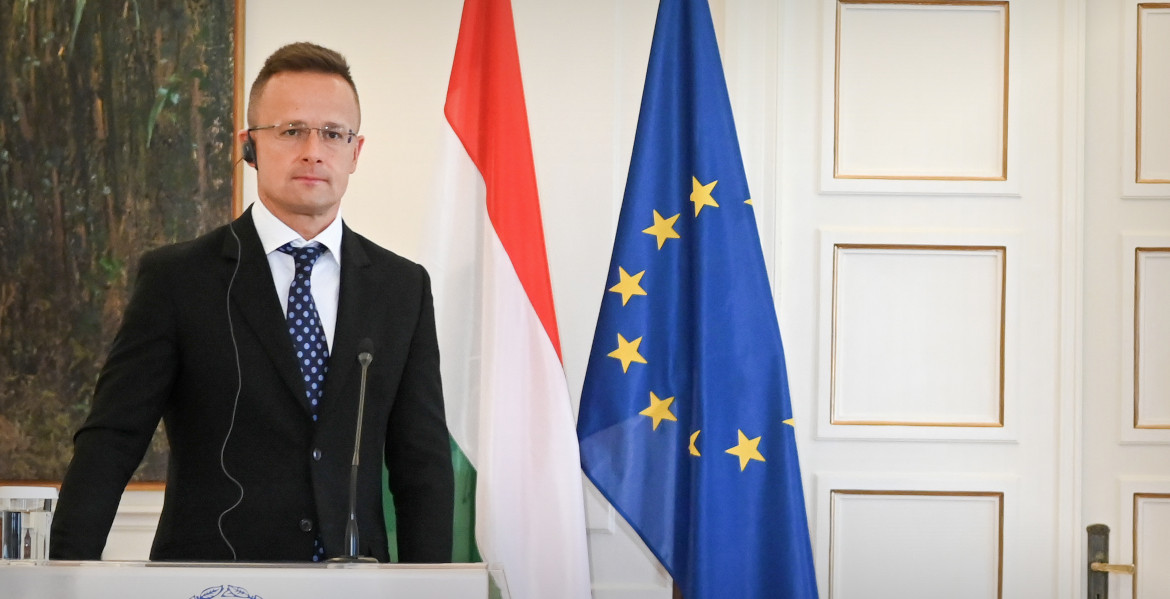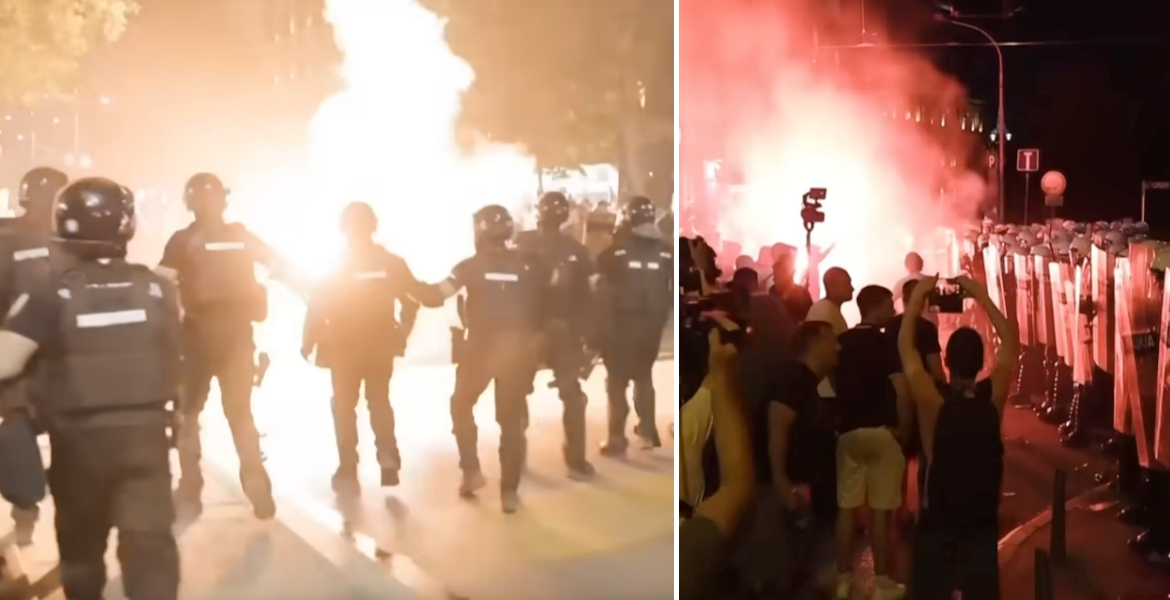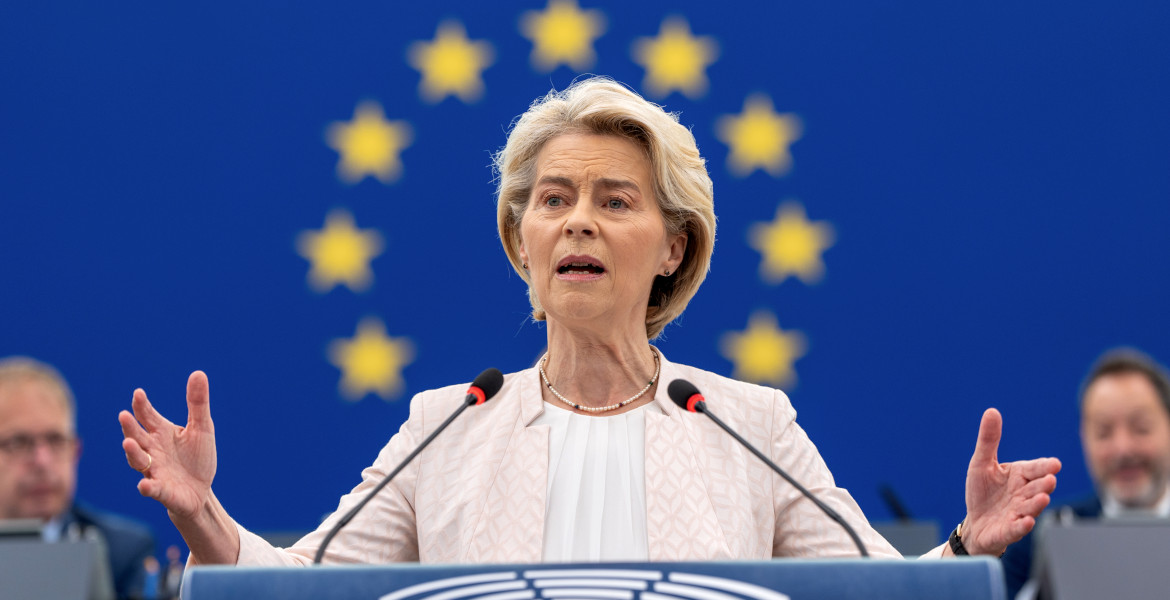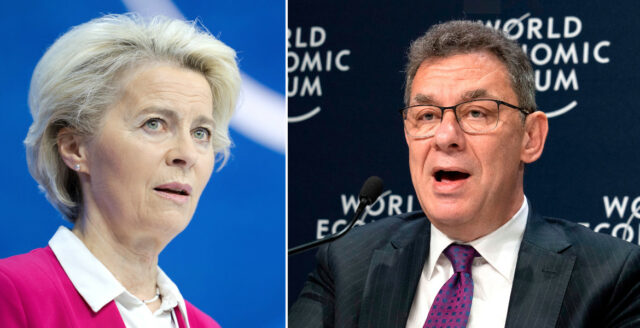For the first time in over 60 years, a French government has fallen through a vote of no confidence. Prime Minister Michel Barnier’s government was dismissed after the left and right-wing opposition united in protest against a controversial austerity budget.
– They chose chaos, Macron commented on the developments.
The French government, led by Prime Minister Michel Barnier, fell on December 4, 2024 after a vote of no confidence in the National Assembly. This makes Barnier the shortest-serving prime minister in modern French history, with only three months in office. The vote was the result of sharp disagreements over a proposed austerity budget aimed at reducing the budget deficit through €60 billion in cuts and tax increases.
Barnier used Article 49.3 of the French Constitution to push through the social security budget without parliamentary approval. This measure, which allows the government to pass laws without a vote, also opens the door to no-confidence votes – and that’s exactly what happened. The decision drew strong criticism from both the left and right-wing opposition.
A motion of censure was tabled by a coalition of left-wing parties and received decisive support from Marine Le Pen’s National Rally party. The collaboration, which spanned the entire political spectrum, resulted in 331 out of 577 MPs voting to dismiss the government. This was the first successful vote of no confidence in France since 1962.
The crisis stems from a politically divided parliament after President Emmanuel Macron dissolved the National Assembly in June 2024 and called new elections. The election results split the parliament into three blocs – left, center and right – with none of them gaining a majority. Macron appointed Michel Barnier, a seasoned politician and former EU negotiator, as prime minister to try to bring stability, but the government’s attempts at compromise failed to unite the political factions.
The political uncertainty also has economic consequences. France’s borrowing costs have risen and investor confidence in its economy has weakened. As the budget for 2025 is still not set, the situation risks deteriorating further.
President Macron has rejected calls for his resignation and announced that he will shortly appoint a new prime minister. In the meantime, the new government is expected to face the same challenges in a parliament marked by deep political divisions.








